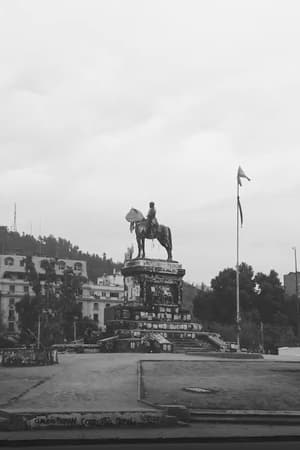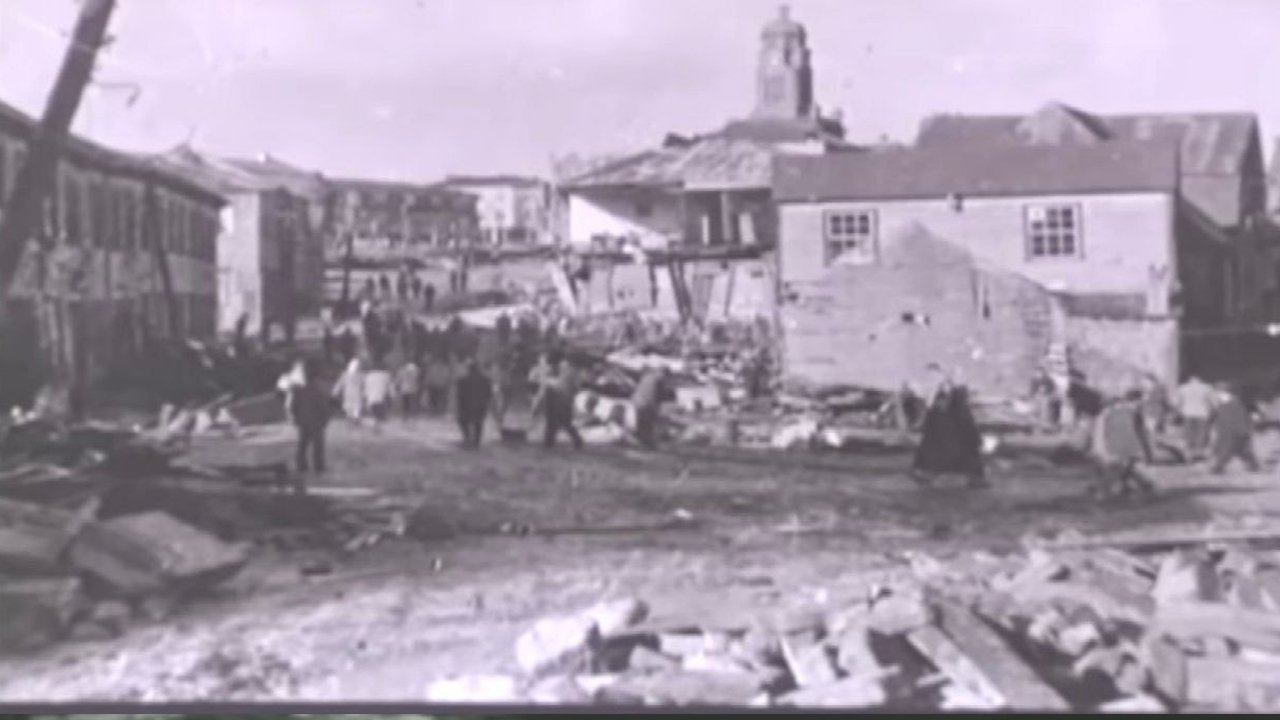
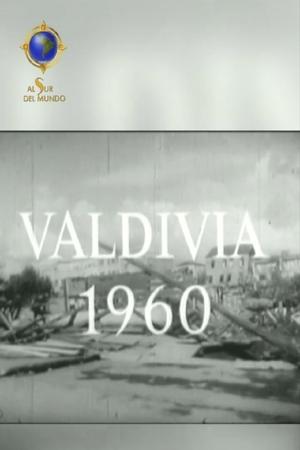
Valdivia 1960, El Gran Terremoto(1992)
Movie: Valdivia 1960, El Gran Terremoto
Top 1 Billed Cast
Narrador

Valdivia 1960, El Gran Terremoto
HomePage
Overview
Release Date
1992-03-06
Average
0
Rating:
0.0 startsTagline
Genres
Languages:
Keywords
Similar Movies
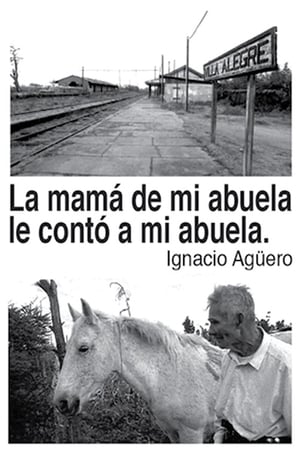 0.0
0.0My Grandmother's Mother Told My Grandmother(es)
Gathered by a theater company, a small town in Chile called Villa Alegre, looks deep into its origins and myths to tell their own history through a play.
 0.0
0.0The Storm Petrel's Nest(es)
During their first flight between the Atacama Desert and the Pacific Ocean, thousands of ringed storm petrels have fallen victim to light pollution caused by the city and industry. Biologist Jorge Páez is dedicated to the rescue and conservation of this species in the city of Antofagasta. He will face the greatest mystery surrounding this species: despite the hundreds of specimens that fall in the city each year, nobody knows for certain the nesting sites of the species, lost in the vastness of the desert.
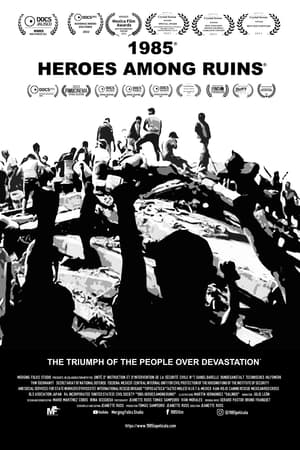 0.0
0.01985: Heroes among Ruins(es)
"1985: Heroes among Ruins" is a reflection of disaster. It is about the human solidarity, the search and rescue and the importance of civil protection, but above all, the triumph of the people over devastation during the earthquake of September 19, 1985 in Mexico City and the one ocurred in September 19, 2017.
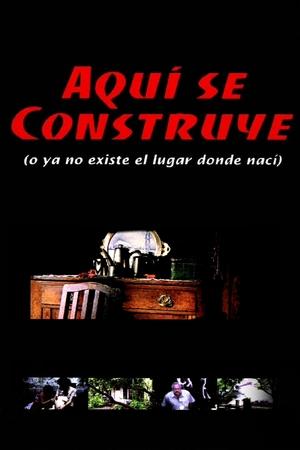 7.0
7.0Aquí se construye (o Ya no existe el lugar donde nací)(es)
Agüero is able to look at the scene in all it's complexity around architectonical brutality that Santiago de Chile underwent around the year 2000.
 6.0
6.0Corporate Accountability(es)
Images of Argentinian companies and factories in the first light of day, seen from the inside of a car, while the director reads out documents in voiceover that reveals the collusion of the same concerns in the military dictatorship’s terror.
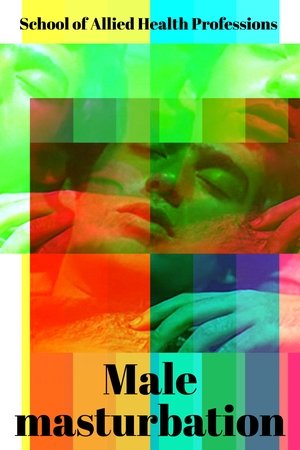 5.0
5.0Male masturbation(en)
Very short educational film made for exclusively educational purposes. The film illustrates male masturbation from the beginning to ejaculation. A production of MEDIA SERVICES HEALTH SCIENCES CENTER SUNY - STONY BROOK.
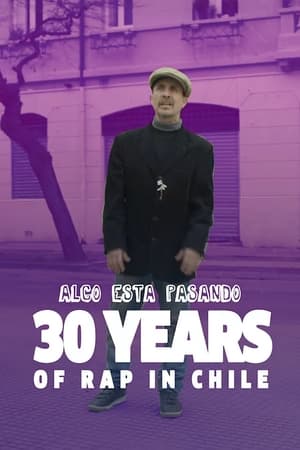 0.0
0.0Algo Está Pasando - Cómo Nació el Rap en Chile(es)
1988 marked the year in which the debut album of the Chilean band De Kiruza - Oficial was released, where the single "Algo está pasando" stood out, the first Chilean rap recording.
 6.9
6.9The Pearl Button(es)
The ocean contains the history of all humanity. The sea holds all the voices of the earth and those that come from outer space. Water receives impetus from the stars and transmits it to living creatures. Water, the longest border in Chile, also holds the secret of two mysterious buttons which were found on its ocean floor. Chile, with its 2,670 miles of coastline and the largest archipelago in the world, presents a supernatural landscape. In it are volcanoes, mountains and glaciers. In it are the voices of the Patagonian Indigenous people, the first English sailors and also those of its political prisoners. Some say that water has memory. This film shows that it also has a voice.
 6.5
6.5Interview with Salvador Allende: Power and Reason(it)
An interview with the president of Chile conducted by Roberto Rossellini in 1971, but broadcast only after his death.
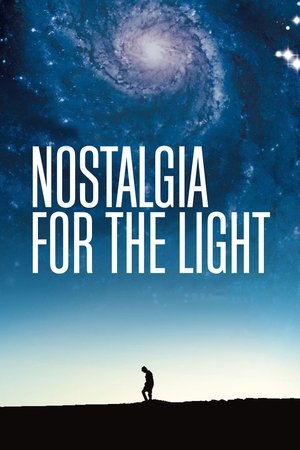 7.4
7.4Nostalgia for the Light(es)
In Chile's Atacama Desert, astronomers peer deep into the cosmos in search for answers concerning the origins of life. Nearby, a group of women sift through the sand searching for body parts of loved ones, dumped unceremoniously by Pinochet's regime.
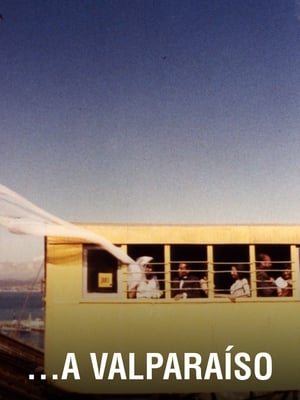 6.9
6.9Valparaiso(fr)
In 1962 Joris Ivens was invited to Chile for teaching and filmmaking. Together with students he made …A Valparaíso, one of his most poetic films. Contrasting the prestigious history of the seaport with the present the film sketches a portrait of the city, built on 42 hills, with its wealth and poverty, its daily life on the streets, the stairs, the rack railways and in the bars. Although the port has lost its importance, the rich past is still present in the impoverished city. The film echoes this ambiguous situation in its dialectical poetic style, interweaving the daily life reality (of 1963) with the history of the city and changing from black and white to colour, finally leaving us with hopeful perspective for the children who are playing on the stairs and hills of this beautiful town.
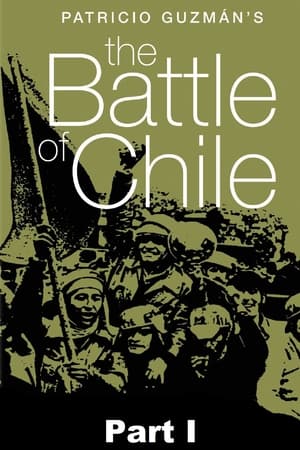 7.2
7.2The Battle of Chile: Part I(es)
The chronicle of the political tension in Chile in 1973 and of the violent counter revolution against the democratically elected government of Salvador Allende.
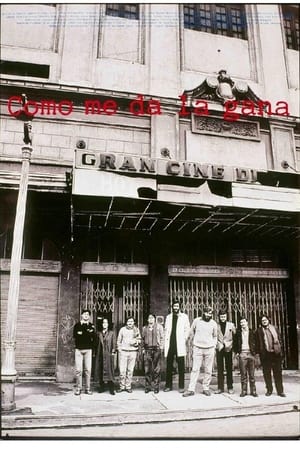 7.0
7.0The Way I Like It(es)
Agüero interrupts the filming of 5 films that are being made in Chile in 1984, to ask each director the meaning in their work, at a time when making films in Chile was almost prohibited.
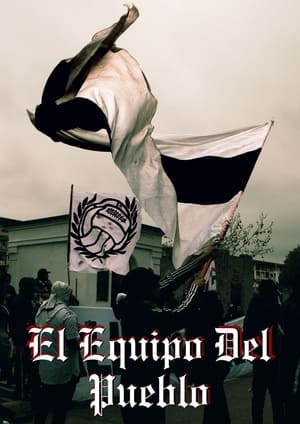 0.0
0.0El Equipo del Pueblo(es)
Documentary tells the story of the Chilean football club Colo-Colo, exploring its profound impact on popular culture and the everyday lives of its fans. Throughout the film, it shows how the club has transcended sport to become a symbol of resistance, pride, and class struggle in Chile.
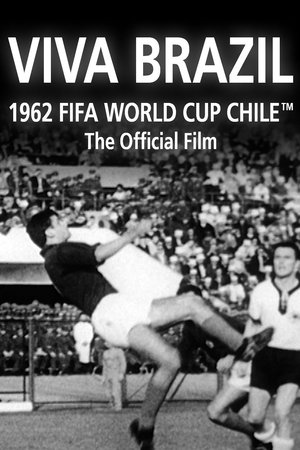 8.1
8.1Viva Brazil(en)
Chile was the venue for the 1962 finals, where holders Brazil were expected to regain their crown. The host, Chile, took them all the way in an epic semi-final, but the classy Brazilians eventually beat Chile 4-2 and went on to beat another surprise package, Czechoslovakia, 3-1 in a one-sided final.
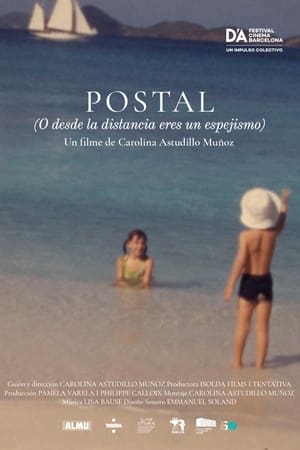 0.0
0.0Postcard (Or, from afar, you are a mirage)(es)
"The palm trees on the reverse are a delusion; so is the pink sand". This line, taken from a poem by Margaret Atwood, lights the path traced in "Postcard". As the years go by, landscapes transform, take on new meanings, and hold onto joys that will never be regained. The sea and the beach, once stages of happy summers, romances, and encounters, will turn into concentration camps or centers of detention and torture. This occurs across different times and places. In this piece, I embark on a journey through some of my works that explore the relationship between testimony, spaces, and time, engaging in dialogue with the beautiful film directed by Alejandro Segovia in 1972.
 6.5
6.5The Right to Live in Peace(es)
A moving portrait of Chilean singer-songwriter and political activist Victor Jara (1932-73) that chronicles the life of the talented artist who was imprisoned, tortured and machine-gunned by the country's dictatorship.
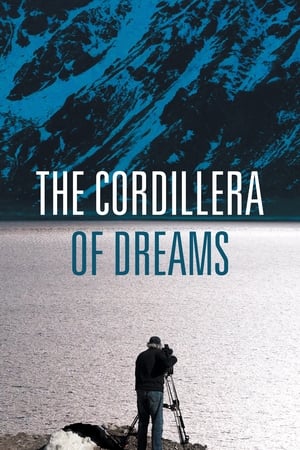 7.2
7.2The Cordillera of Dreams(es)
"In Chile, when the sun rises, it had to climb hills, walls and tops before reaching the last stone of the Cordillera. In my country, the Cordillera is everywhere. But for the Chilean citizens, it is an unknown territory. After going North for Nostalgia for the Light and South for The Pearl Button, I now feel ready to shoot this immense spine to explore its mysteries, powerful revelations of Chile’s past and present history." Patricio Guzmán
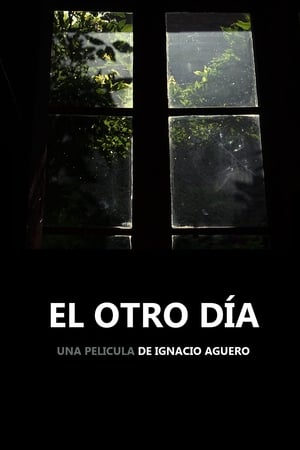 6.3
6.3The Other Day(es)
The house of the director has a door out to the sidewalk. This gate separates the inside from the outside. The interior contains the filmmaker's personal story and his world of objects, thoughts and imaginations. Outer space contains the city of Santiago de Chile. The stories of the world inside the house are interrupted when the doorbell rings unknown and thus come into the film.
